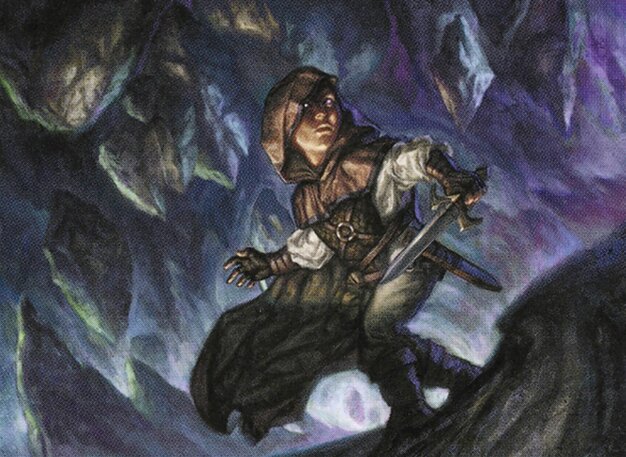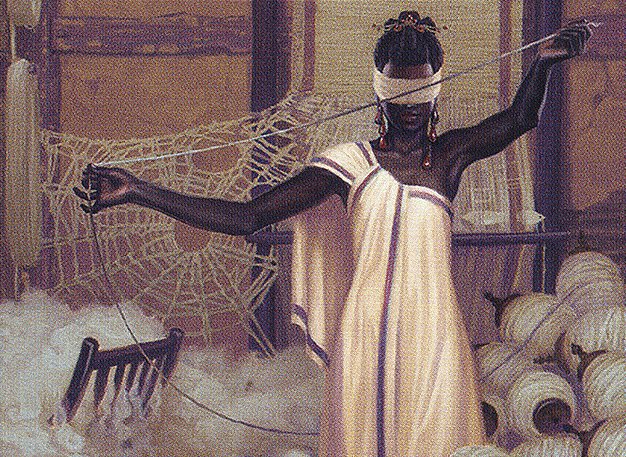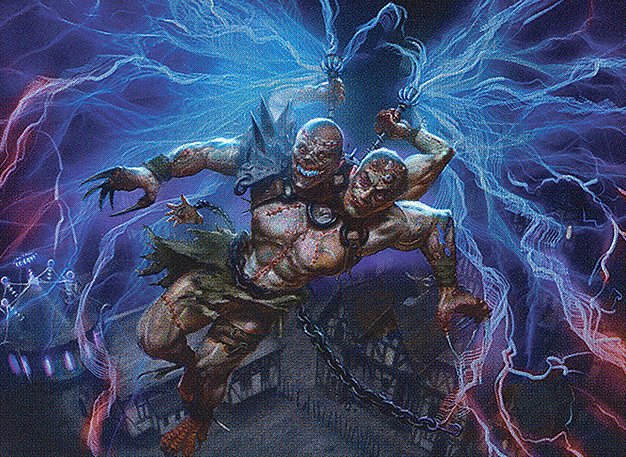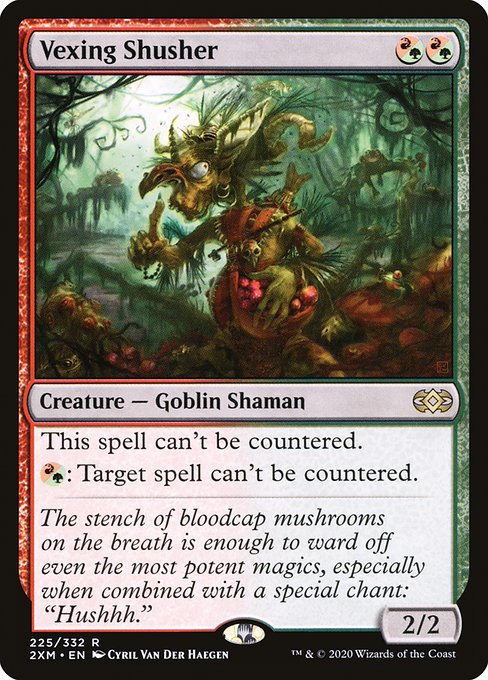Deck & Commander Strategies

Erinis, Gloom Stalker
Focuses on aggressive combat damage and leveraging its synergy with creatures to disrupt opponents and capitalize on combat triggers for card advantage and tempo.

Tymna the Weaver
Utilizes combat damage to draw cards and generate incremental value, combining this with efficient creatures and disruption to control the board and out-resource opponents.

Thrasios, Triton Hero
Acts as a mana sink and card advantage engine, supporting a balanced midrange strategy with ramp, card selection, and incremental advantage through activated abilities.

Kraum, Ludevic's Opus
Supports aggressive card draw by dealing combat damage and pairs well with Tymna to maintain high card flow, enabling sustained pressure and resource generation.
Gameplay Insights
- 1
Using Vexing Shusher to protect Ristic Study was a critical move to maintain uninterrupted card draw and build momentum.
- 2
Channel the Sage's removal of Ristic Study effectively disrupted a major card draw engine and slowed down that player's momentum.
- 3
Players prioritized combat damage to trigger Tymna's card draw ability, highlighting the importance of incremental value over outright aggression early on.
- 4
Casting Grand Abolisher prevented opponents from responding during key turns, enabling important spells to resolve safely.
- 5
Selective removal like Swords to Plowshares was timed to remove key threats while managing board state and resources carefully.
- 6
The use of tax effects and combat damage to draw cards and disrupt opponents was a central strategic theme.
Notable Cards
-

Vexing Shusher
-

Grand Abolisher
-

Thrasios, Triton Hero
-

Tymna the Weaver
-

Kraum, Ludevic's Opus
-

Devoted Druid
-

Swords to Plowshares
Gameplay Summary
The game features a highly competitive four-player cEDH pod with two players running Tymna and Thrasios, one with Tymna and Kraum, and one piloting Erinis, Gloom Stalker.
The early game focused heavily on ramping mana and deploying key value creatures and spells such as Thrasios and the Ristic Study card draw engine.
Players exchanged incremental value plays while keeping an eye on tax effects and disruption, with Tymna's ability to draw cards by dealing combat damage playing a central role. A pivotal moment occurred when a player cast Vexing Shusher to protect their Ristic Study, establishing a strong card draw engine that began to tilt the game’s momentum.
Another significant play was the use of Channel the Sage to destroy Ristic Study, temporarily stalling a major source of card advantage.
Combat was cautious but strategic, with selective attacks aimed at taxing opponents and drawing cards rather than outright elimination, reflecting the mid-range, grindy nature of the pod. The game’s tension revolved around maintaining and disrupting card advantage engines while managing board presence.
Players balanced aggression with defensive plays like Grand Abolisher and carefully timed removal and tax effects.
The win condition appeared to be leveraging Tymna's card draw and combat triggers alongside efficient creatures and spells to gradually accumulate advantage and close out the game via incremental damage and superior resources.





























